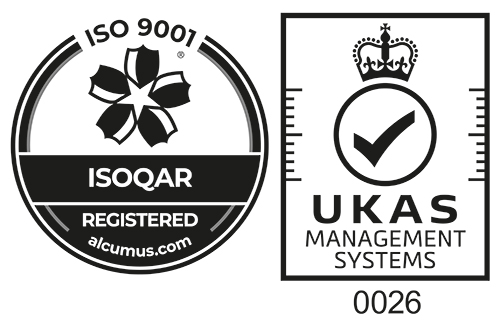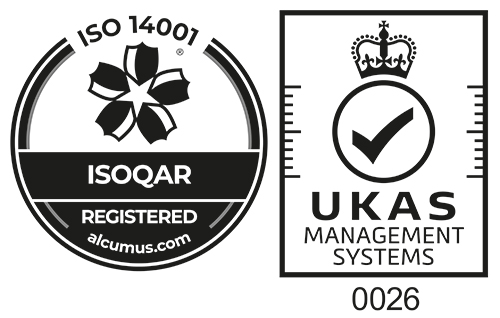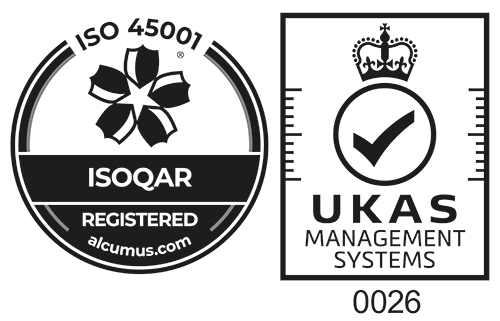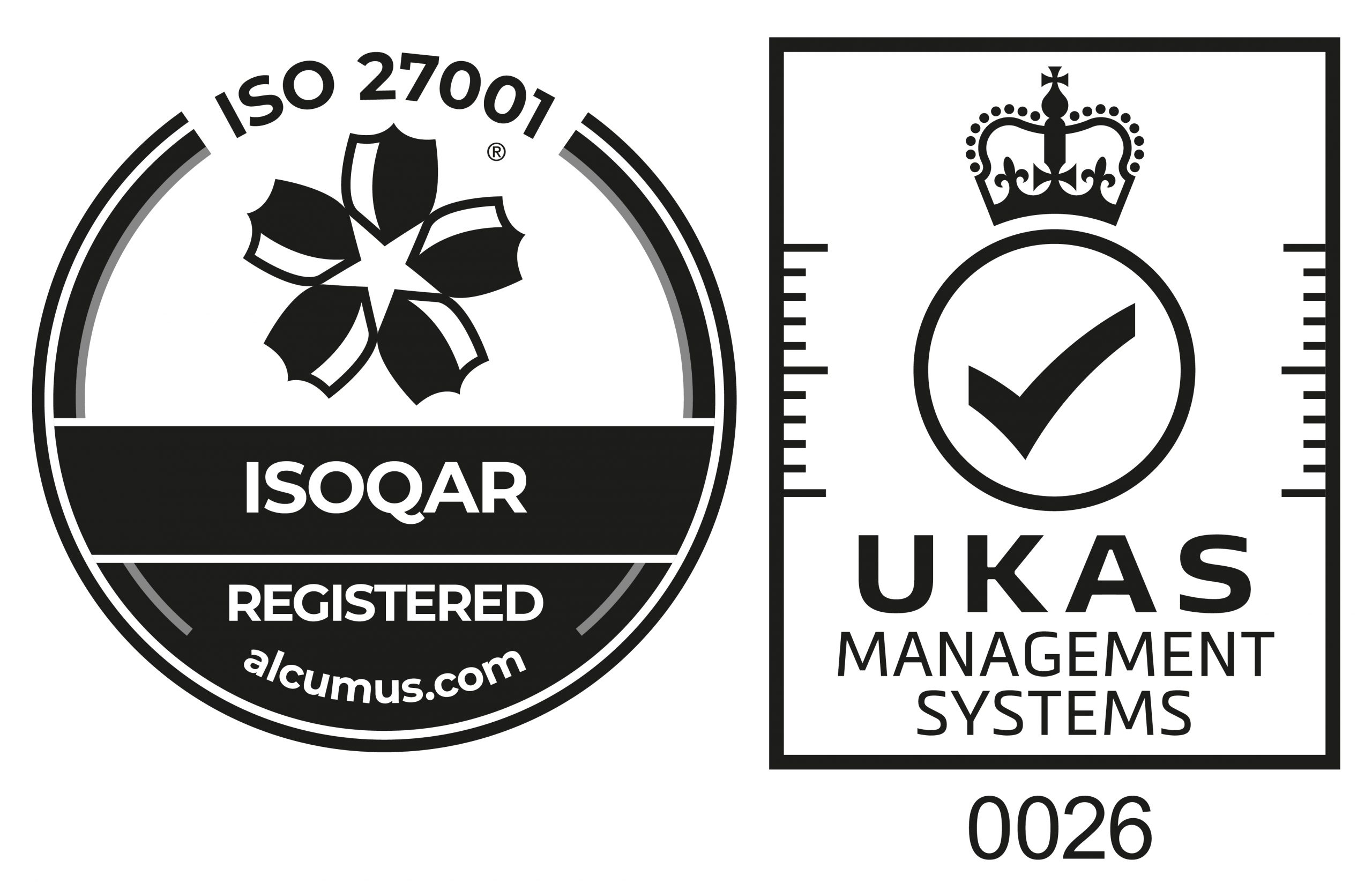We’ve identified 10 key construction industry trends set to shape the market this year. Advancements in technology and an increased focus on sustainability play a vital role here, pushing construction companies to consider different construction methods and technologies that are smarter and greener than ever before.
identified 10 key construction industry trends set to shape the market this year. Advancements in technology and an increased focus on sustainability play a vital role here, pushing construction companies to consider different construction methods and technologies that are smarter and greener than ever before.
-
Smarter buildings
As technology rapidly progresses and becomes more affordable, our buildings are becoming more intelligent. Innovations such as the Internet of Things (IoT), are being incorporated into modern building designs to automate certain functions such as energy and water consumption. This use of technology can improve sustainability, efficiency, safety, personalisation, interactivity, and comfort for those who use the facility.
-
Prefabricated buildings
Architects are experimenting with the prefabricated building technique and enjoying some surprising results. With new technologies in the construction tool-kit, the modern-day prefabricated home can be built in 24 hours – and built well. This has even reached the attention of the British government as a possible solution to the UK’s housing crisis.
-
BIM modelling
3D computer designs that use Building Information Modelling (BIM) are the new standard. These drawings provide a truly visual experience that gives the whole picture from every angle. As construction industry trends go, it’s becoming an increasingly popular method to view the architectural designs with the specific building systems in place.
When all potential problems have been addressed before the foundations have been poured, the jobsite will be easier to manage, field coordination will be simpler and construction can be done faster, safer, cheaper and to a higher standard.
-
Mobile technology for on-site construction management
A construction site that runs like a well-oiled machine will save developers time and money. To help foremen manage their site operations more effectively, mobile-operated, cloud-powered software systems and apps are now available to facilitate easier administration. All field coordination as well as individual people management processes such as timesheets, performance reports and task allocation can be assigned, reviewed, tracked and stored on the go. This means managers can get on with overseeing the critical requirements of the build, rather than getting bogged down in administrative staff management.
-
Green all the way
‘Green’ buildings use less energy and are thus cheaper to run. This, combined with growing concern for the environment, is driving the trend for more environmentally-friendly buildings. In response, new building regulations have come into effect to harness the power of renewable energy.
The British government aims to have 4 million solar-powered homes up and running by 2020. Renewable energies are gaining ground in the construction industry for good reason: between April and September this year, solar power generated more electricity than coal power.
-
Labour shortage will continue to plague the industry
The next 12 months will see contractors attempt to stave off uncertainty as they deliver a huge pipeline while battling skills and tech challenges.
-
Uncertainty over BREXIT
Balfour Beatty has already warned that leaving the EU could increase skills shortages in the UK infrastructure sector – and push up costs. Prolonged uncertainty over the split from the EU could have profound effects on the industry if poorly managed by the government.
-
Offsite/modular construction will gain a stronger foothold in the market
Offsite construction, also called modular or prefab, isn’t new to the industry. However, experts predict the building method will grow in 2017 as quality, time and labour concerns make alternatives to traditional construction methods more attractive.
-
Consolidation
The industry’s cyclical nature, fragmented structure, low margins and project risk make sustained financial resilience challenging. According to Construction News fewer companies, better operating structures and more pricing power will reduce the need to underbid and can break the industry’s vicious cycle. Projects will get larger, and require contractors with the resources and balance sheets to shoulder and manage construction risk, and continue to participate in public-private partnerships. Risk mitigation will become a driver.
-
Safety
The tragedy at Didcot Power Station was the low point of the year for the industry. Investigations continue and the cause will be probed, but the underlying fact is that fatalities rose in construction last year. Since the recession there has been pressure on companies to turn around losses, but this must not come at the expense of safety. We believe there must be a re-focus on this area in 2017.
Health, the oft-overlooked part of health and safety, will finally become a major industry theme in its own right next year. Various campaigns such as Mates in Mind to promote mental health, being led by the Health in Construction Leadership Group and supported by the British Safety Council, as well as CECA’s Stop. Make a Change campaign that is asking companies to use a stand-down day to discuss issues such as mental health and fatigue.
Mosaic is used by the biggest names in the construction industry to manage a range of safety critical and competency issues on major infrastructure sites and projects. Indeed, Mosaic is sometimes mandated by companies due to the significant role it plays in reducing site health and safety issues, security, improved productivity and time saved.
To read more about us and the services we offer to the construction industry please click here






